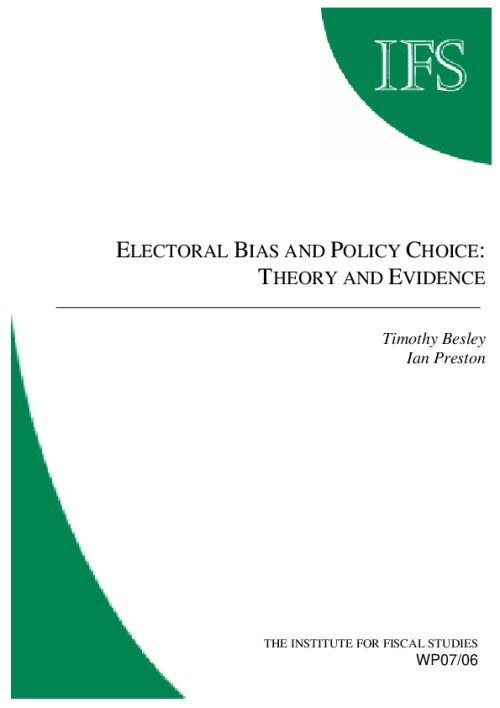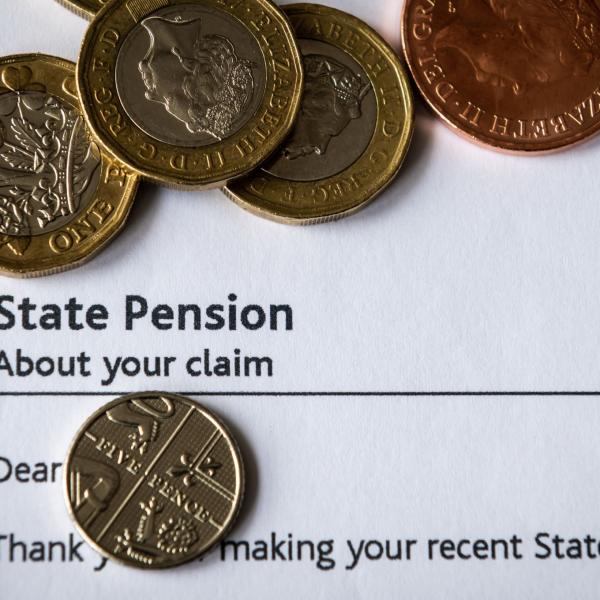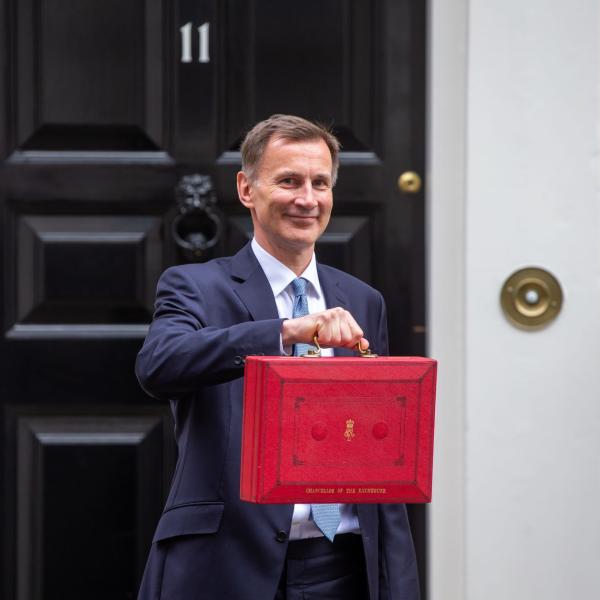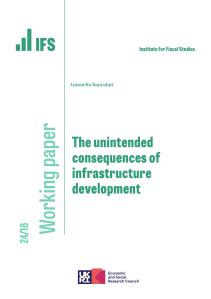Downloads

wp0706.pdf
PDF | 573.84 KB
<p>This paper develops an approach to studying how bias in favor of one party due to the pattern of electoral districting affects policy choice. We tie a commonly used measure of electoral bias to the theory of party competition and show how this affects party strategy in theory. The usefulness of the approach is illustrated using data on local government in England. The results suggest that reducing electoral bias leads parties to moderate their policies.</p>
Authors

Research Associate London School of Economics
Timothy is a Research Associate at the IFS and a Professor of Economics and Political Science at the London School of Economics and Political Science.

Research Fellow University College London
Ian is a Research Fellow of the IFS and a Professor of Economics at UCL. He joined UCL in 1991 and has been attached to the IFS since 1990.
Working Paper details
- DOI
- 10.1920/wp.ifs.2007.0706
- Publisher
- IFS
Suggested citation
Besley, T and Preston, I. (2007). Electoral bias and policy choice: theory and evidence. London: IFS. Available at: https://ifs.org.uk/publications/electoral-bias-and-policy-choice-theory-and-evidence (accessed: 9 May 2024).
More from IFS
Understand this issue

Where next for the state pension?
13 December 2023

Social mobility and wealth
12 December 2023

Autumn Statement 2023: IFS analysis
23 November 2023
Policy analysis

Recent trends in and the outlook for health-related benefits
19 April 2024

Progression of nurses within the NHS
12 April 2024

Regional variation in earnings and the retention of NHS staff in Agenda for Change bands 1 to 4
10 April 2024
Academic research

The unintended consequences of infrastructure development
8 May 2024

Police infrastructure, police performance, and crime: Evidence from austerity cuts
24 April 2024

Imagine your life at 25: Gender conformity and later-life outcomes
24 April 2024